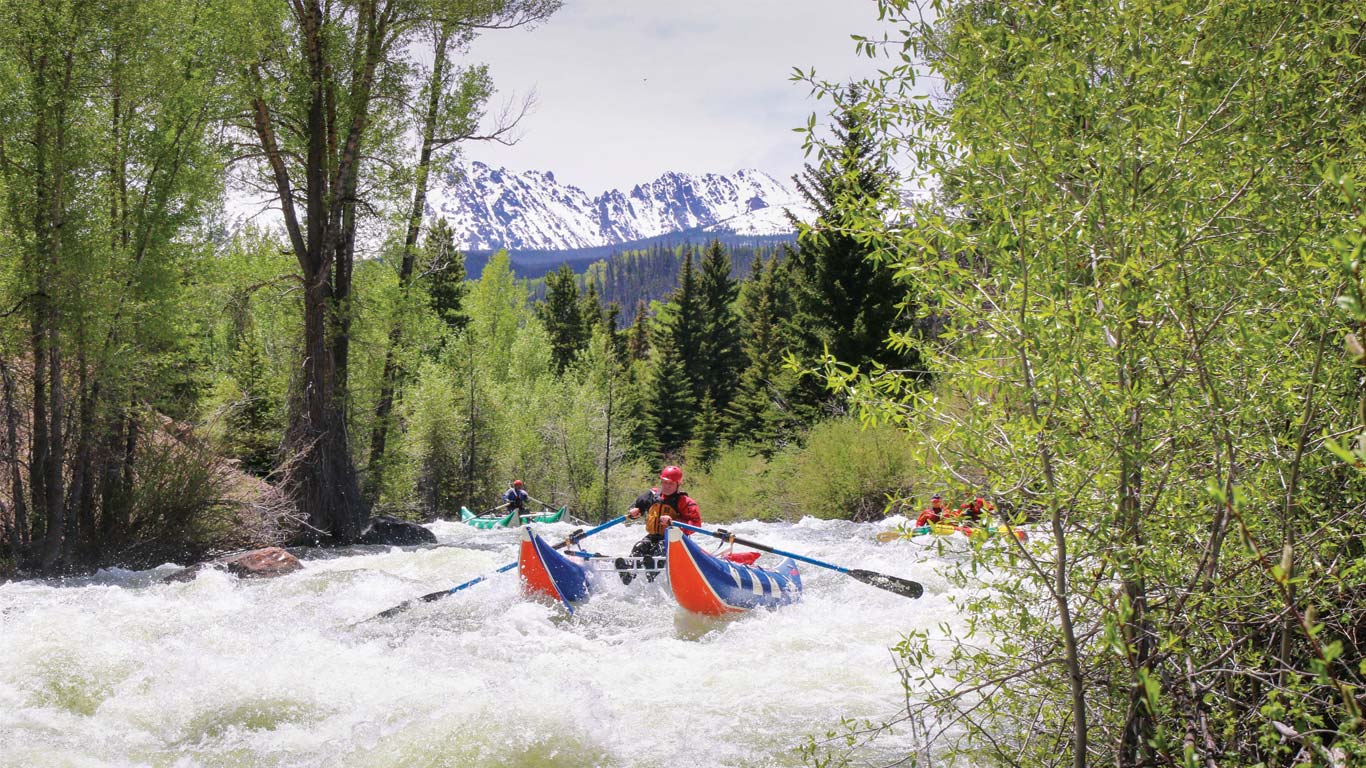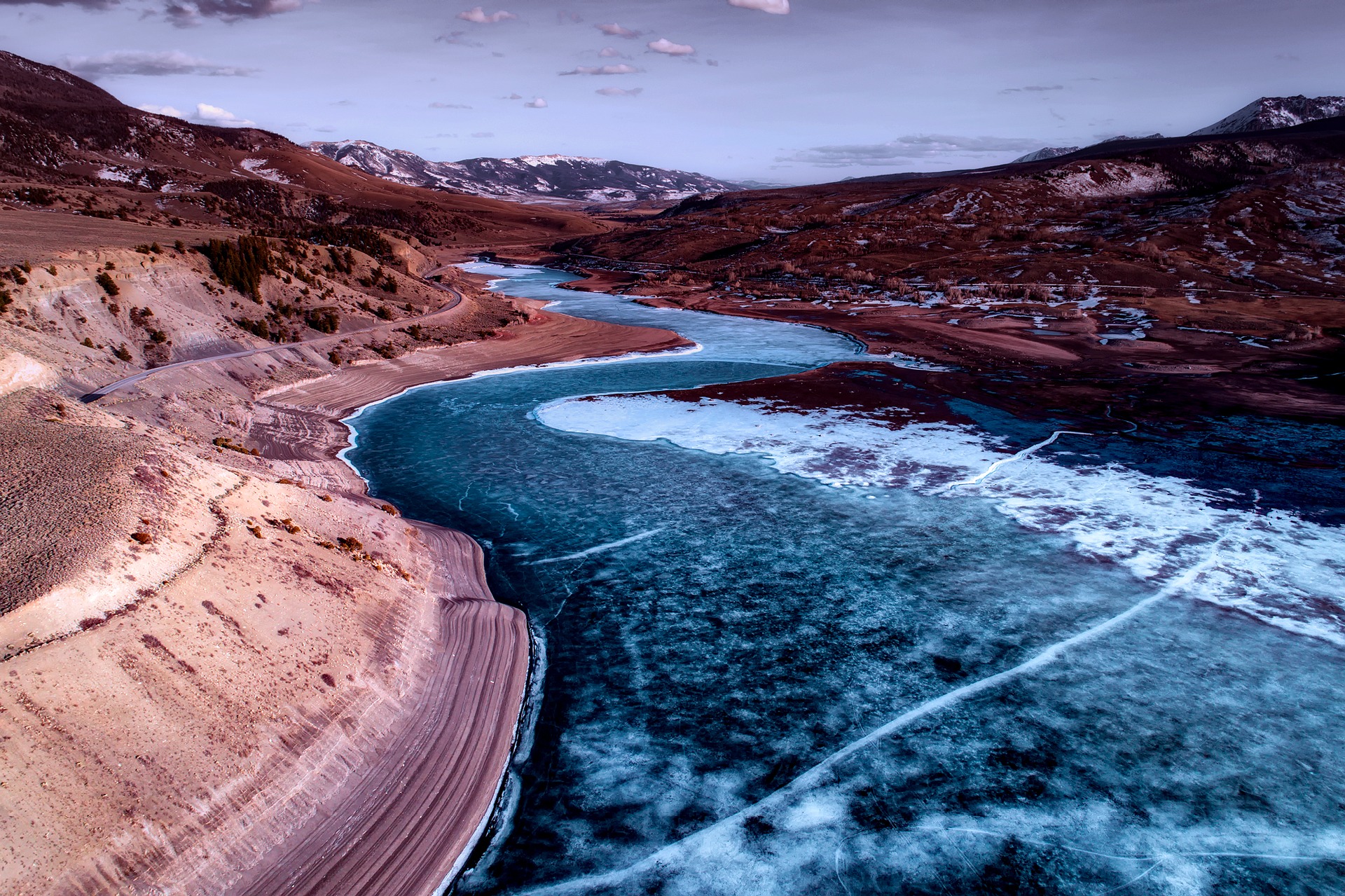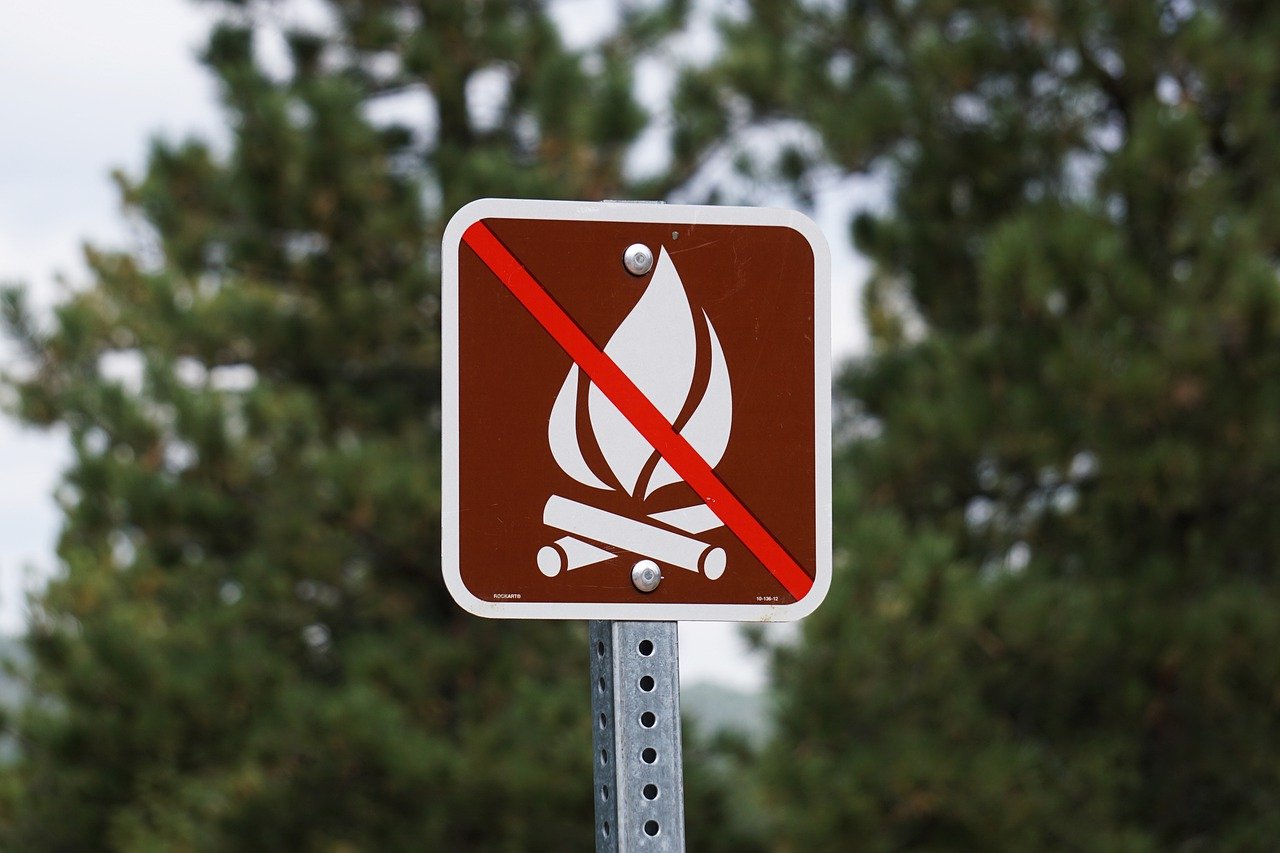
- Vitalii Homon
- July 12, 2021
- Ask Eartha
Dear Eartha, I know that changes to the climate are real but they’re not really affecting my life. (I love this warmer weather!) What do I really have to lose?
For many of us, we get up and go to work or school, talk with friends and family, and pursue our interests without feeling the inconvenient intrusion of the climate crisis. Even with last year’s record setting wildfires, continued extreme drought, and compounding low snowpack, water still runs from our taps and there is no smoke (currently) in the sky. It will snow, eventually. We can convince ourselves the impacts of climate change will be minor inconveniences. Changing how we live is just too big of an ask. But soon we will have no other choice.
What we are losing
We’ve become immune to the steady stream of catastrophic headlines: unprecedented glacier melt, record-breaking temperatures, exponential biodiversity loss, and the unconscionable amount of plastic in our oceans. It’s overwhelming. And hard to connect these really big ecological events with what we see out our window. Look closer and the impacts of climate change are chipping away at the very lifestyle we are trying so hard to hold on to.

The Colorado Parks and Wildlife recently imposed voluntarily fishing restrictions on the Dolores, Yampa, and Colorado River between Kremmling and Rifle. Further restrictions are now possible throughout the state on the San Juan, Animas, Fraser, and upper Colorado Rivers. Extremely low water flows, water temperatures over 70 degrees, and increased sediment is straining trout populations. We are endangering the life force of our waterways, but don’t connect their meaning on a personal level. We lose our time on the water; our favorite fishing spots are restricted and drying up, canceled river adventures because of low flows, and algae blooms keep us and our dogs onshore.
We are experiencing compounding years of below-average snowpack, faster melting rates, and continued drought. We are losing our ski season; this past year had a rushing for a few fresh inches, that backcountry terrain we’ve had our eye on, never quite got enough snow to explore, and we start to wonder if soon we will need to uproot our family because the industry that fuels so much of our local economy will become unreliable.
 Fire restrictions imposed most of last summer have started earlier this summer. We are losing the soul of our summer activities; restrictions have us camping without a campfire, a Fourth of July without fireworks, and forgoing adventures to places now devasted by wildfire.
Fire restrictions imposed most of last summer have started earlier this summer. We are losing the soul of our summer activities; restrictions have us camping without a campfire, a Fourth of July without fireworks, and forgoing adventures to places now devasted by wildfire.
These losses may seem minor compared to the major ecological devastation happening around the world. But in our daily lives, these impacts are what we feel most acutely because they make up the little bits of life we enjoy so much; crafting the perfect toasted marshmallow over a campfire, the rush of the river as you cast of your fishing line, and the wonder in our kids’ eyes of their first fireworks show. Can we really continue to convince ourselves that climate change isn’t impacting us?
What we are spending our money on
We are currently consuming the Earth’s natural resources at a rate of 1.6 planets each year. This year’s Earth Overshoot Day (the day the Earth reaches its biological capacity to regenerate the resources to meet demand) is July 29th. Our lifestyle and current systems are simply and scientifically unsustainable. Will it take nothing short of revolutionary action to transform our transportation, economic, and food systems? Yes. Will it cost money and cause disruptions? Yes.
What we fail to truly acknowledge is that the climate crisis is already causing significant disruption and costing us tremendously. In 2020 alone, the US spent $95 billion on natural disaster recovery. According to the International Federation of Red Cross and Red Crescent Societies, climate disasters increased 35 percent since the 1990s. We are playing a very expensive game of defense. And we’re losing.
When we refuse to address our unsustainable systems rather than build resilience, we are hurling ourselves closer to a more difficult state, one with fewer choices where we will be forced to adapt. The consequences of not doing enough and fast enough to meet the scale of this crisis is already costing us in small and big ways. The question is how much are we willing to lose.
